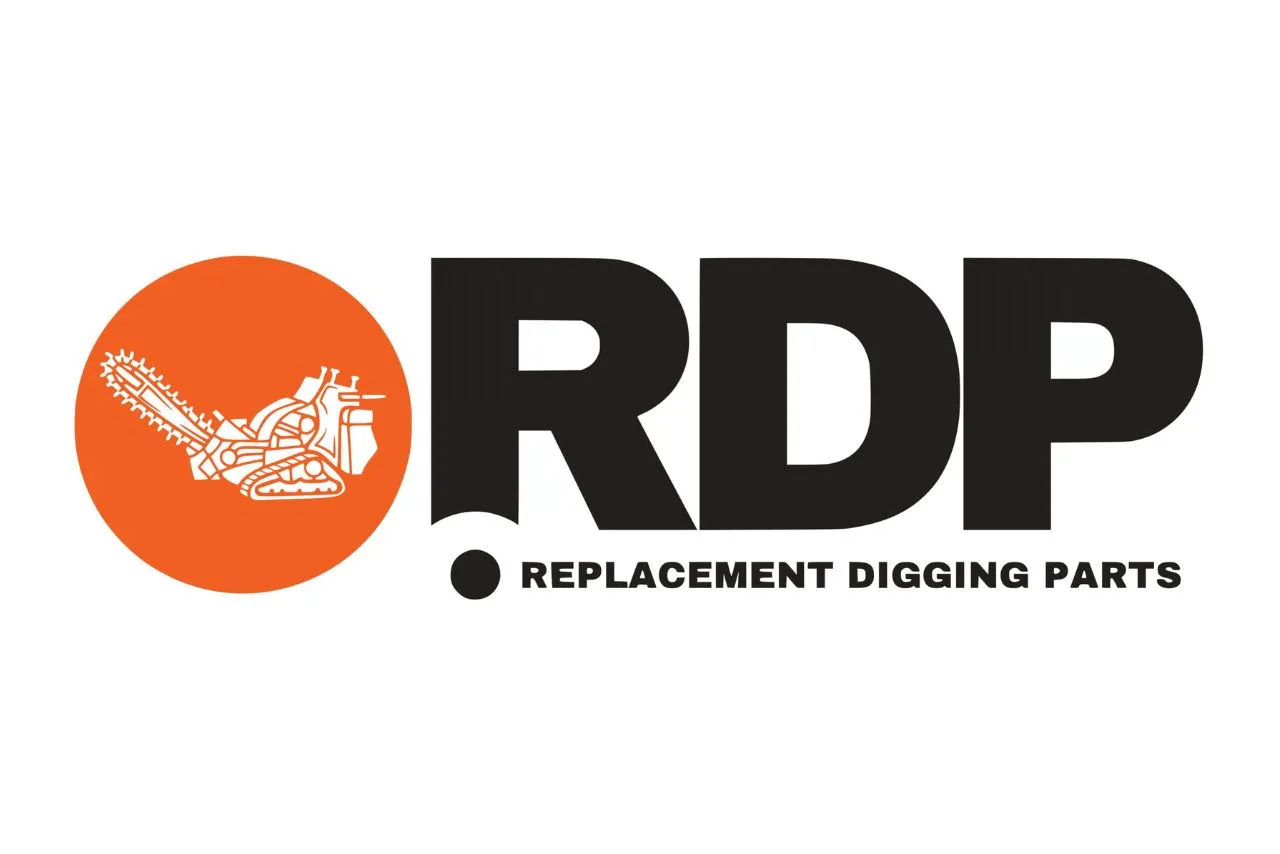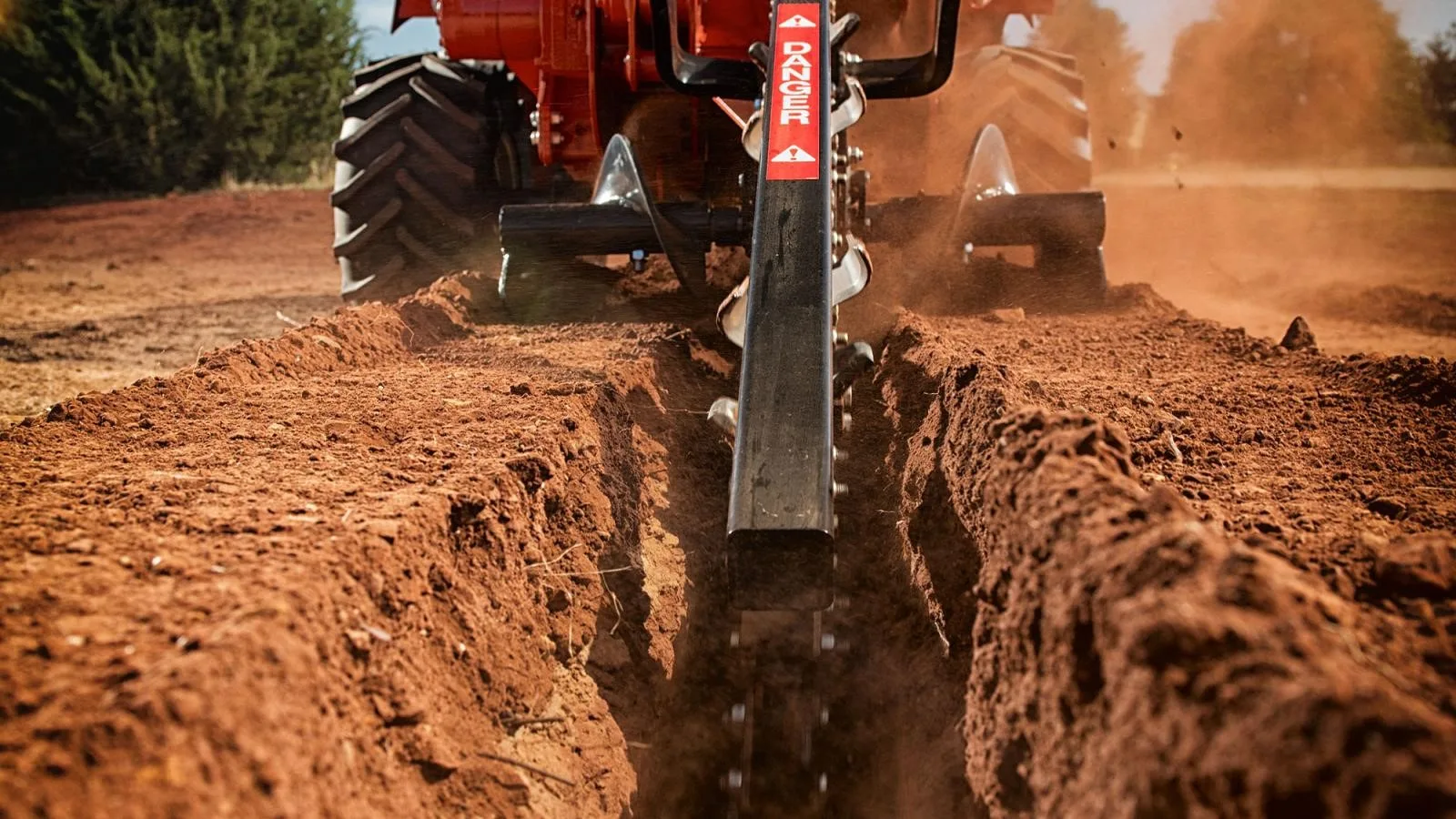What to Look for When Buying a Used Trencher
Purchasing a used trencher can be a smart, cost-effective way to add reliable equipment to your fleet—without the premium price tag of buying new. However, to ensure a profitable investment, it’s essential to evaluate the machine carefully and match it to your project needs.
Here are the key factors to consider when buying a used trencher:
✅ 1. Align with Productivity Goals
Before you start shopping, define what you need the trencher to accomplish:
-
Terrain & Soil Conditions: Make sure the trencher is compatible with the soil types you’ll be working in.
-
Horsepower & Performance: Match the engine power to your workload and trenching depth/width.
-
Attachments: Ensure digging chains, teeth, and optional add-ons meet your operational goals.
Choosing a trencher with the right specs can boost efficiency and reduce jobsite delays.
🔍 2. Conduct a Full Mechanical Inspection
A visual once-over isn’t enough. Inspect these critical components closely:
-
Teeth, Chains & Sprockets: Look for excessive wear or missing parts.
-
Engine Health: Listen for strange noises, check fluid levels, and review maintenance records.
-
Hydraulic System: Test for leaks or sluggish movement.
-
End Idler & Bearings: Check for movement—excessive looseness may indicate worn bearings needing replacement.
A detailed inspection will help you avoid costly repairs down the road.
🌍 3. Ensure Terrain Compatibility
Not all trenchers are created equal—some are better suited for certain environments than others.
-
Tracked vs. Wheeled Units: Tracked trenchers often perform better in soft or uneven terrain.
-
Soil Type Consideration: Hard or rocky soil may require machines with reinforced chains and teeth.
-
Chain Replacement Costs: Chains can be expensive to replace, so compatibility and condition matter.
Selecting the right type for your environment ensures peak performance and equipment longevity.
💰 4. Balance Cost vs. Condition
Price should never be your only consideration. A used trencher in excellent condition may be a better long-term value than a cheaper machine that needs immediate work.
-
Compare age, hours, and maintenance history
-
Evaluate included attachments or modifications
-
Factor in potential repair costs
Always weigh what you’re getting against the asking price to ensure a worthwhile investment.
⚠️ 5. Safety & Compliance
Make sure your used trencher complies with current safety standards:
-
Trench Safety Equipment: Confirm the availability of trench boxes or shielding systems.
-
OSHA Compliance: Ensure the machine meets applicable safety regulations.
-
Operator Manual & Warning Labels: These should be intact and readable.
Keeping safety a priority protects both your crew and your investment.
Final Tip
Buying a used trencher requires more than just a good deal—it requires smart evaluation. A well-inspected, well-matched machine can deliver many years of reliable performance. Don’t rush the process, and when in doubt, consult with experts or trusted equipment dealers.
🔩 Need Replacement Trencher Parts?
Whether you’re restoring a used trencher or maintaining your current fleet, Replacement Digging Parts has the parts you need—chains, sprockets, carbide teeth, bearings, and more.
📞 Call us at 800-447-1941
🌐 Visit: replacementdiggingparts.com
Our knowledgeable staff is here to help you find the right parts and maximize your machine’s performance.


